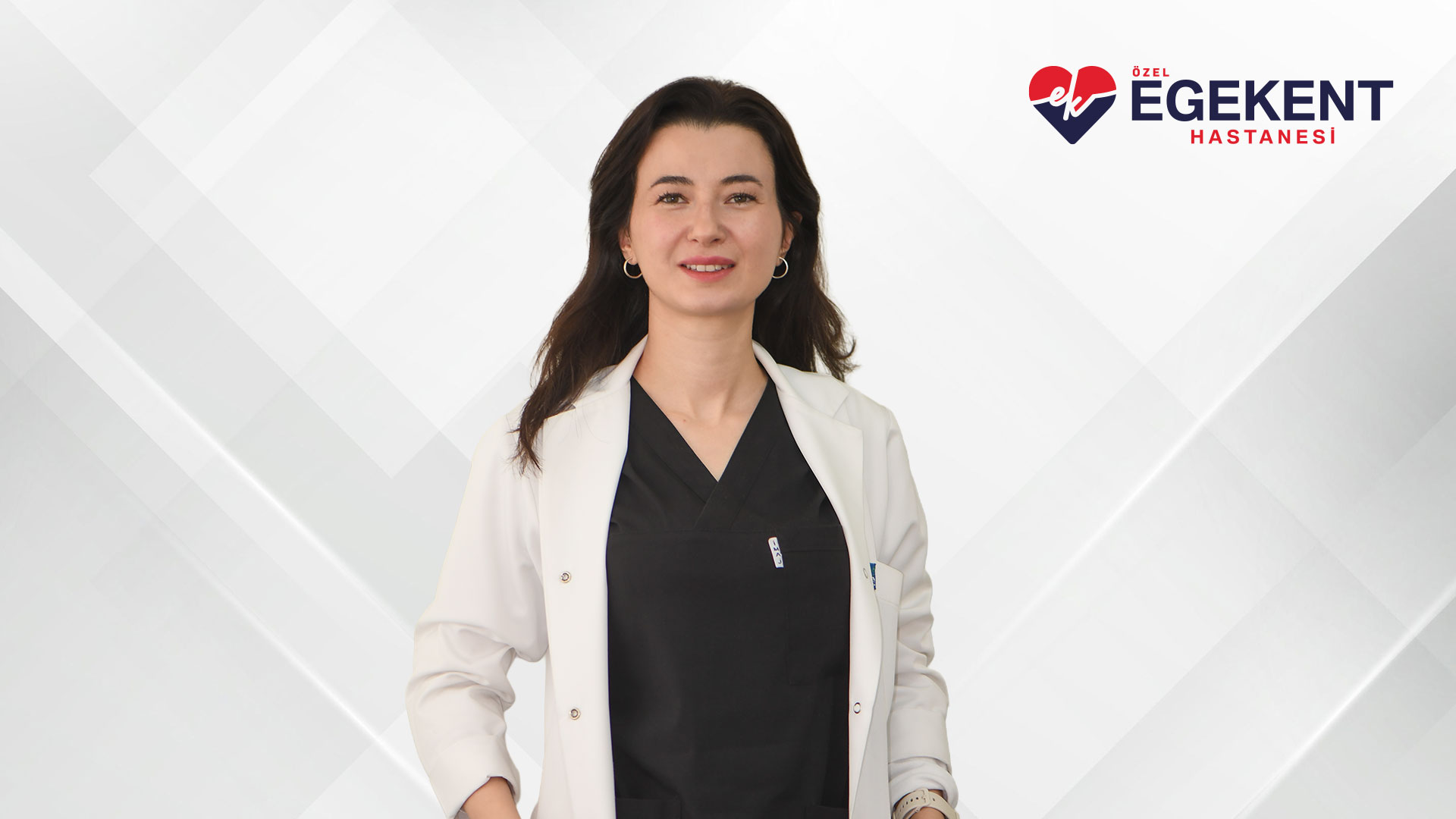Adequate and balanced nutrition during childhood is of great importance for healthy growth and development. Denizli Özel Egekent Hospital Dietitian Cemile Gül emphasizes that in order to prevent the risk of growth retardation in children, the daily protein requirement should be regularly monitored.
Dietitian Gül stated, “Protein supports muscle development, strengthens the immune system, and plays a role in tissue repair. Therefore, children consuming age-appropriate amounts of protein is critically important for their growth process.”
Daily Protein Requirements by Age
Ages 1–3: 15–18 grams
Ages 4–6: 20–25 grams
Ages 7–9: 26–38 grams
Girls ages 10–13: 39–45 grams
Boys ages 10–13: 39–60 grams
Gül explained, “For example, for a child aged 1–3, one glass of milk or yogurt, a matchbox-sized piece of cheese, and two to three meatballs worth of age-appropriate portions of meat, chicken, or fish can help meet daily needs.” For older children, she noted, adding appropriate portions of milk, yogurt, cheese, and meat products makes it easy to meet this requirement.
Plant-Based Protein Sources Also Matter
Dietitian Gül reminded that protein intake is not limited to animal-based foods: “Lentils, chickpeas, beans, soy products, and grains are also important protein sources. Especially for children who follow a vegetarian diet or have dairy intolerance, these foods are critical alternatives.”
She also highlighted that when families plan meals including colorful vegetables, whole grains, healthy fats, and a variety of protein sources together, it contributes positively to children’s overall health.
Regular Monitoring is Essential
To prevent growth retardation and frequent illness, Dietitian Gül offered the following recommendations for families:
Keep a nutrition diary for children
Monthly weight and height measurements should be done regularly
If necessary, portions should be personalized with the support of a specialist
“Through regular protein monitoring under professional supervision, children’s growth and development process can be supported in a healthy way,” she concluded.

